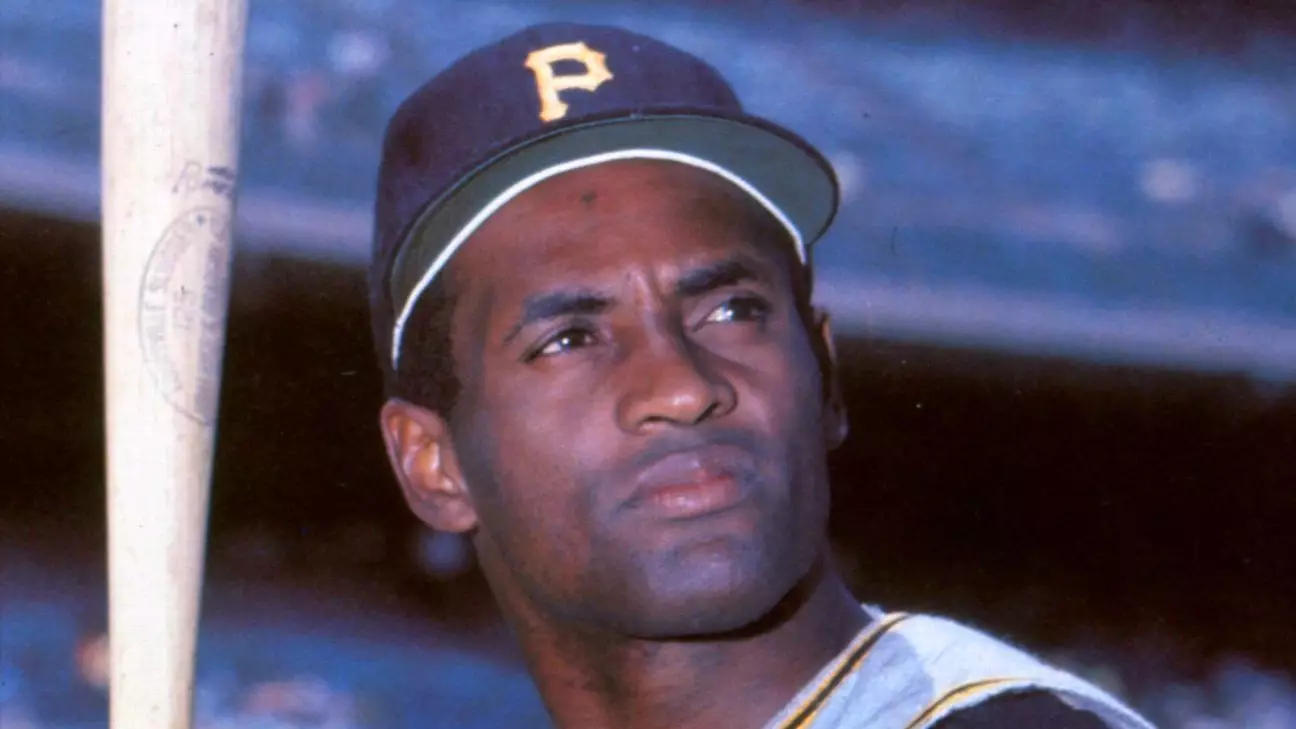In a surprising turn of events, the Pittsburgh Pirates have sparked outrage within the family of iconic baseball player Roberto Clemente after replacing a sign bearing his name and number at PNC Park with an advertisement for Surfside, an alcoholic beverage. This move, sudden and seemingly unthinking, has raised significant questions about the way legacy, particularly that of influential figures, is honored in the contemporary sports landscape. To boot, the Pirates’ justification of the sign’s removal as a temporary installation lacks the respect and awareness required when dealing with a figure of Clemente’s stature.
Clemente was not merely a player; he was a monumental figure in baseball history. As the first Latin American player to be enshrined in the Hall of Fame, his influence extended well beyond the diamond to the realms of humanitarianism and social justice. He played all 18 seasons of his career with the Pirates, etching his name into the annals of the team and and its city. Given this legacy, one can only question why the organization chose to prioritize commercial interests over honoring one of their most significant icons.
The Reaction from Clemente’s Family
Roberto Clemente Jr., the late player’s son, articulated the family’s disappointment in a statement that was more than just a reaction; it was a heartfelt plea for recognition and respect. He lamented that such a critical decision was made without dialogue or consultation, emphasizing that this incident reflects a persistent disconnection between the Pirates organization and the community it serves. His statements resonate deeply, as they highlight an essential truth: the celebration of cultural icons should be a collaborative effort between organizations and the individuals or families that carry those legacies.
The passion of baseball fans, particularly in Pittsburgh, has been palpable, illustrating that Clemente’s legacy remains vibrant long after his untimely passing in 1972. The emotional response from fans across the nation reinforces the idea that Clemente stands not just for preeminence in sport, but also for moral integrity and community service. It is a reminder of the qualities that rendered him a beloved figure, not just locally but globally.
The Pirates’ Defense and Its Shortcomings
In defense of their actions, Pirates senior vice president of communications, Brian Warecki, stated that the organization honors Clemente’s legacy in numerous ways, implying that the team is still committed to celebrating him as both a player and a humanitarian. However, apart from the platitudes, this incident raises significant doubts about just how deeply the organization understands its responsibility to Clemente’s memory and legacy.
While confronting criticism, Warecki’s comments suggest an organization attempting to reconcile its identity with the past. Yet, they risk coming across as tone-deaf and reactive rather than proactive. One would think a franchise steeped in Clemente’s history would have the sensitivity to counsel both the family and community before making decisions that impact such a significant legacy, especially when that legacy resonates so profoundly with fans and players alike.
Lessons for Sports Organizations
This unfortunate debacle presents a critical lesson for sports organizations: communication and collaboration are vital, especially when dealing with an icon whose impact transcends the sport itself. Teams need to remember that their affairs are not solely transactional. They must strive for relationships built on understanding and respect, recognizing that behind every athlete is a family and a community whose sentiments deserve acknowledgment.
The fallout from this incident could be constructive rather than detrimental. It serves as an opportunity for the Pittsburgh Pirates and other franchises to develop frameworks that ensure that the heritage of their players is treated with the dignity it warrants. Such frameworks would involve engaging stakeholders far beyond commercial interests and recognizing the emotional and cultural significance of the icons that shaped their history.
In essence, the exchange between the Pirates and the Clemente family shines a light on a poignant reality—while sports are often viewed as mere entertainment, they are also custodians of history and culture, carrying profound responsibility in how this history is respected and represented. A dedication to honor these legacies authentically will forge a lasting connection between organizations, communities, and the legends who once graced their fields.

